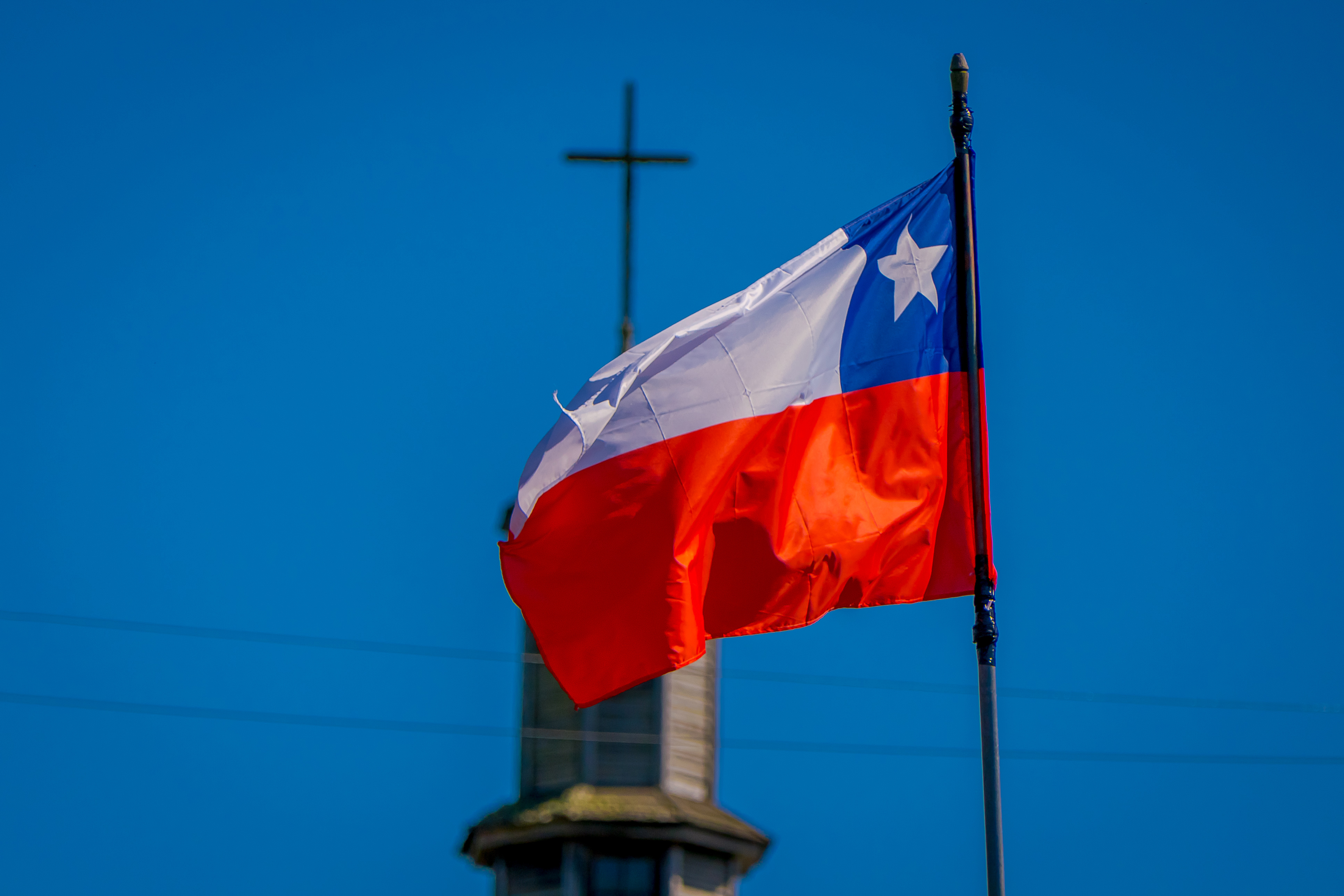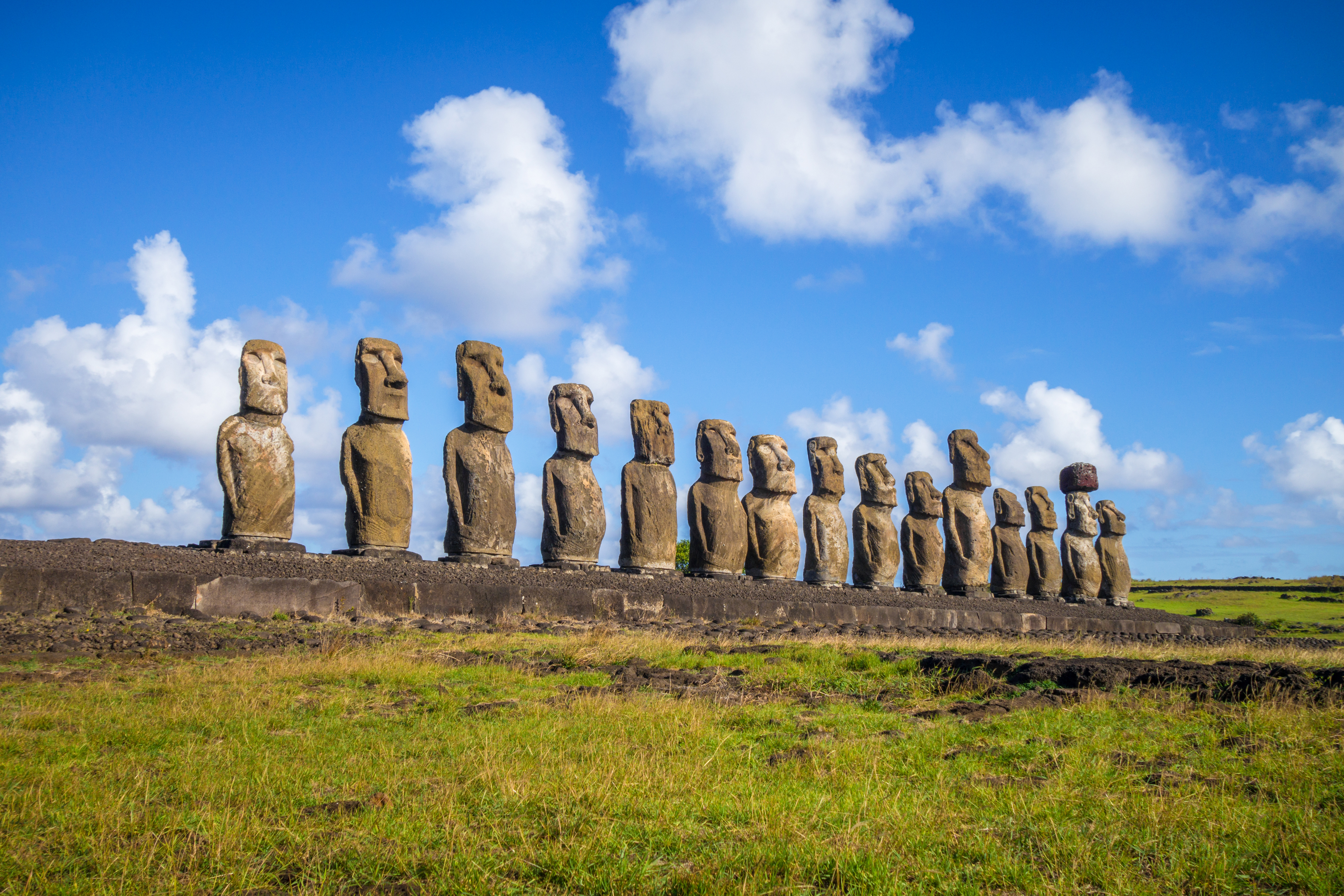Your baby deserves the best - childbirth in Chile with Chile'dren.Apply for a free consultation and trust the professionals!

Overview of Religious Diversity in Chile
An in-depth analysis of religion in Chile, including Catholicism, the rise of Protestant movements, and the diversity of other faiths. How religion influences the country’s culture, politics, and social life.
About 500 years ago, Spanish conquistadors conquered the territory that is now the Republic of Chile. As early as 1541, a Catholic priest arrived and began the irreversible process of converting the natives to the Christian faith. Religion became an excellent screen behind which the conquistadors robbed, exploited, and enslaved the local population throughout the continent. This continued until independence from Spain.
To this day, the main religion in Chile is Christianity, primarily Catholicism and Protestant denominations. The Republic of Chile is a secular state, which means that government and religion are separate. This separation is not just in words; it has been enshrined in the constitution since 1925. There is no cult of religion in the country; almost a tenth of the citizens consider themselves atheists, and the rest are given freedom of choice, which the population of the Republic actively exercises.
Historical Overview
The original beliefs of Chile’s indigenous peoples, including the Mapuche and other ethnic groups, reflect a rich cultural heritage and unique religious practices. For the Mapuche, for example, the main deities were Kon-mapu (god of rain and harvest), Cuca-trill (god of hunting), and others, reflecting a connection to nature and agriculture.
However, the influence of Spanish colonization in the sixteenth century brought dramatic changes. The Spanish colonizers promoted Catholicism and actively persecuted local beliefs, considering them pagan and heretical. This led to the forced baptism of many indigenous peoples and the prohibition of their traditional religious practices.
After Chile’s independence in the nineteenth century, a process of recovery and preservation of traditional indigenous beliefs began. Movements and organizations emerged to protect and promote their cultural heritage, including religious practices. However, Catholicism is still the dominant religion in the country, and its influence is felt in many areas of life, including culture and education.
Today, the Mapuche and other indigenous peoples of Chile continue to struggle to recognize and preserve their unique religious and cultural identity, integrating both traditional rituals and new forms of expression of their beliefs in the modern world.

Contemporary Religions in Chile
Contemporary religious practices in Chile are represented by a wide variety of orientations, including traditional and new beliefs. The question of which religion is the most widespread in Chile today is easy to answer without the need for sociological research. The dominant religion in the country is the Roman Catholic Church, which has a long history of influencing society. For a full understanding, the latest census data showed the following ratios:
- Catholics – 66%
- Protestants – 16% (mainly Pentecostals)
- Jehovah’s Witnesses – 1%
- Mormons – 1%
- Traditional believers – about 1%
- Atheists – almost 9%
There are Buddhists, Muslims, and Jews in Chile, but their numbers are negligible compared to other religious movements. Orthodox Christians in the entire republic number about 10,000 people as of 2024.
Dominance of the Roman Catholic Church
Catholicism has long been the most important and widespread religion in Chile. According to statistics, about 66% of the country’s population considers itself Catholic. This gives the church significant influence on various aspects of social life, including education, culture, and morality.
Historically, the Roman Catholic Church has played an important role in shaping Chile’s cultural and religious identity. Spanish colonization brought the Catholic faith and spread it throughout the country. This period is also associated with the suppression of Indian religions and other non-Christian beliefs by the Inquisition. But Catholicism in Chile has begun to lose ground in recent years.
Growth of Protestant Movements
The last few decades have seen the growth of Protestant (especially evangelical) movements in Chile. This is due to many factors, including social change, economic development and immigration. Protestant churches, such as evangelical congregations and others, are attracting new followers and playing an important role in the country’s religious panorama. For example, the former President of the Republic, Sebastián Piñera, and his wife attended Pentecostal services, a branch of Protestantism.
Presence of Other Religions
In addition to Catholicism and Protestantism, other religions are present in Chile. Orthodoxy, represented mainly by the Orthodox Church, has its adherents, especially among Russian and Greek immigrants.
Judaism also has its communities in Chile, although they are numerically small. This is mostly due to the Jewish diaspora and historical ties.
Islam and Buddhism are represented in Chile more symbolically than numerically. Nevertheless, Islamic and Buddhist communities exist and participate in dialogues on religious tolerance and diversity.
Overall, the religious panorama in the country is diverse, reflecting the historical, social, and cultural dynamics of society. The dominance of Catholicism is diminishing due to various factors, while other religions are finding their place in the diversity of beliefs. In Chile, religion is the free choice of each citizen, and no one imposes anything on anyone.
Religious Practice and Public Life
The Catholic Church has played an important role in education in Chile for centuries. Church schools and universities provide education to people of all social classes, making it accessible to many. The Church is also active in charitable work, running hospitals, orphanages, and other social institutions to help those in need.
Religious Holidays and Traditions
Chile celebrates many religious holidays, the most important of which is Easter. The celebration lasts several days and includes church services, family gatherings, and festive meals. Christmas is also widely celebrated with colorful decorations, gifts, and special dinners.
One of the most unique religious holidays is Virgen de la Tirana Day, celebrated on July 16. It is dedicated to the patron saint of miners, with the most elaborate events taking place in the northern regions of the country, where mining is an important industry.
Influence of Religion on Law and Politics
The Catholic Church has a significant influence on legislation and government policy, particularly in the areas of marriage and abortion. Abortion is banned in the country except in certain cases, such as when the life of the mother is in danger. Same-sex marriage is also not legalized, and Chile’s religious policy favors traditional family values.
Challenges and Prospects
Religion plays an important role in Chilean society, influencing education, charity, holidays, traditions, legislation, and politics. This pattern has evolved over the years and decades. Although the Church’s influence has waned somewhat in recent times, it is still a powerful force in shaping national identity.
Religious communities in the Republic, as in many other countries, face a number of challenges due to both internal and external factors. In recent decades, as in the rest of the world, there has been a gradual decline in the level of religiosity in Chilean society. There are many reasons for this, such as the rise of secularism, individualism, the influence of the media, and new information technologies, especially the Internet and social media.
Despite these challenges, Chile remains a country of great religious diversity. Representatives of any world religion or denomination will feel comfortable in this country. It does not matter whether a foreigner has come to Chile to give birth, to study, as a tourist, or to live here permanently. Chileans are good-natured and friendly people, and religion, particularly Christianity, has played a significant role in forming these positive character traits. An educated person, whether Christian, Buddhist, Hindu, Muslim, or non-believer, will feel quite comfortable in Chile as long as they abide by the laws of the country.
